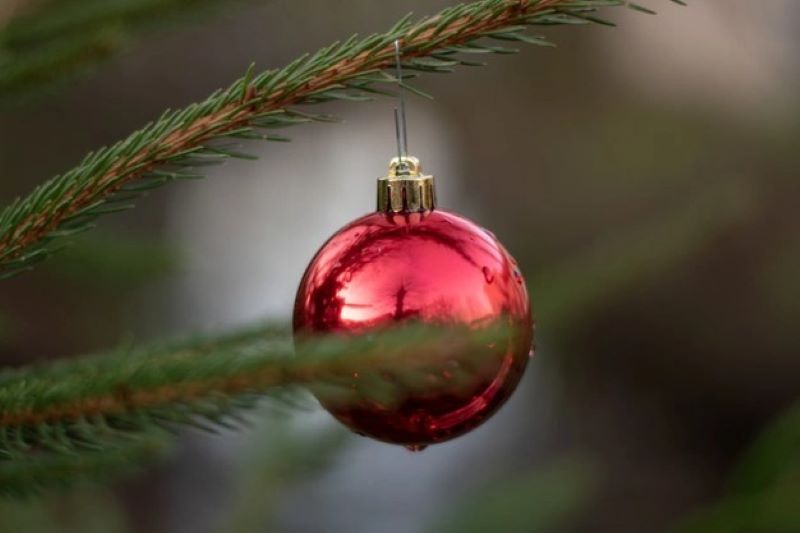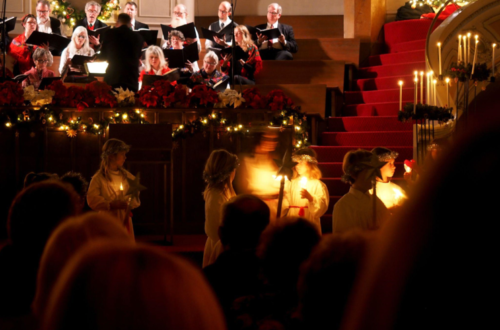
The History and Origins of Christmas Eve Celebrations
Christmas Eve, celebrated on December 24th, is one of the most joyous and awaited events on the Christian calendar. This festive day is marked by an array of religious and secular customs, including family gatherings, candlelight services, feasts, exchanging of gifts, and listening to classic carols. But what are the origins of Christmas Eve celebrations?
To understand the history of this holiday, we have to look back to the days when Christianity was not yet the dominant religion in the world. In ancient Rome, December 25th was celebrated as the annual feast of Saturnalia, a pagan festival honoring the god Saturn. During this time, people would decorate their homes with evergreens, light candles and torches to ward off evil spirits, and exchange small gifts and tokens.
When Christianity emerged in the Roman Empire in the 4th century AD, it sought to replace pagan celebrations with Christian ones. One of the ways Christians did this was by adopting pagan holidays and transforming them into Christian ones. Thus, the celebration of Saturnalia was transformed into the celebration of Christmas, with the birth of Jesus Christ as the central theme.
However, unlike Christmas, which is celebrated on December 25th, the celebration of Christmas Eve has roots in various cultural and religious traditions. In the Christian tradition, Christmas Eve marks the end of Advent, a period of fasting, prayer, and introspection leading up to Christmas. It is also believed to be the night when Jesus was born, and so it carries a great sense of anticipation and excitement.
Perhaps the most meaningful aspect of Christmas Eve is the religious ceremony of Midnight Mass. Catholics, Orthodox Christians, and many Protestant denominations hold special services on Christmas Eve, which often involve the lighting of candles, singing of hymns, and reading of biblical passages. This ceremony serves as a reminder of the true meaning of Christmas and brings communities together to celebrate the birth of Jesus.
Aside from its religious significance, Christmas Eve also has many secular traditions that have evolved over time. In many countries, Christmas Eve is a time for feasting and exchanging gifts. For instance, in some European cultures, it is customary to eat a large meal known as the “Reveillon” at midnight, while others open presents on Christmas Eve instead of Christmas Day.
Moreover, in many countries, it is traditional to decorate the home with colorful lights and ornaments, and to attend Christmas markets and fairs in the weeks leading up to Christmas. In the United States, families often have a Christmas Eve box, which contains treats such as hot chocolate, pajamas, and a Christmas movie to watch together.
In conclusion, Christmas Eve is a time-honored tradition that has evolved over the centuries to become one of the most cherished days in the Christian calendar. Whether it is celebrated through religious ceremonies, family gatherings, or gift giving, Christmas Eve represents a time of hope, love, and joy for millions of people around the world.




